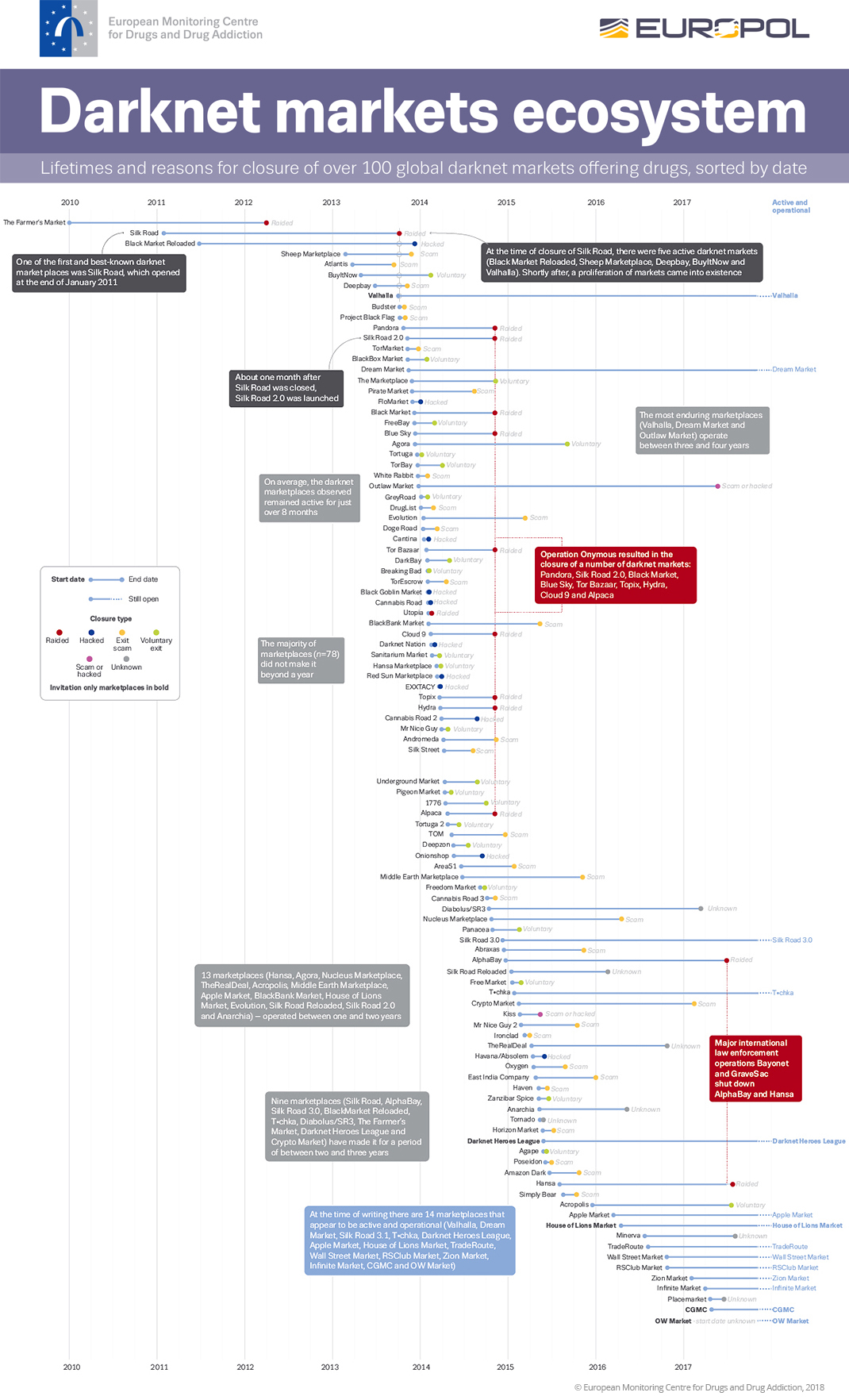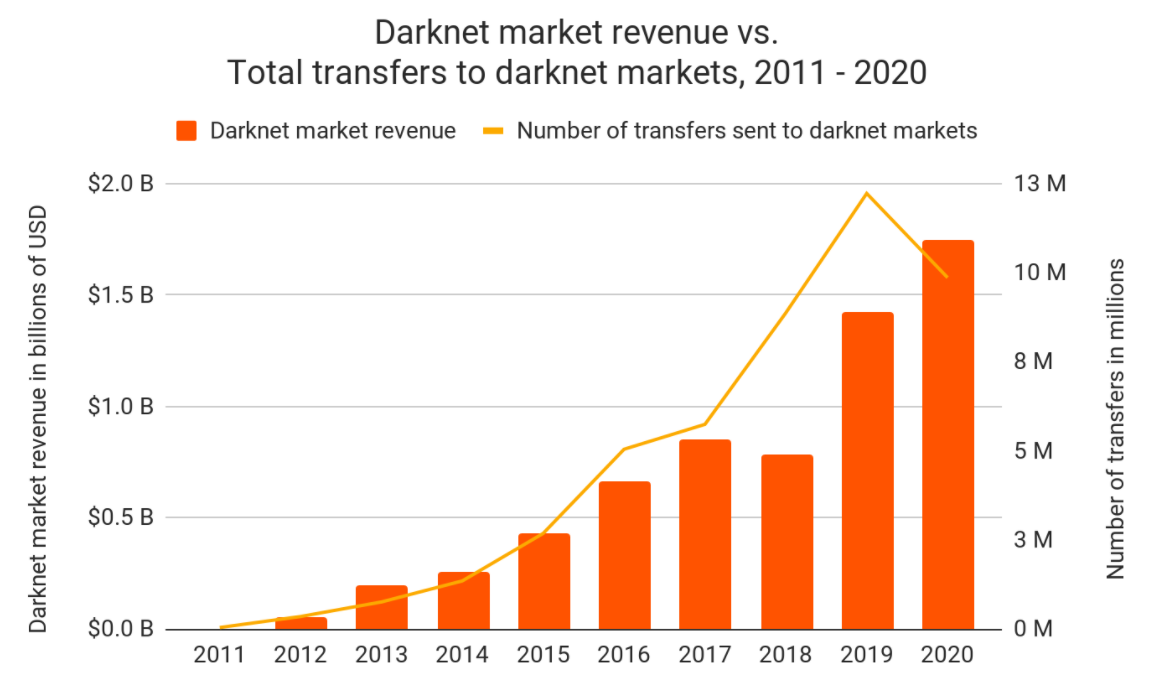Secret Finders: Disclosing the Mysteries of Underground Transactions

A dark web has long fascinated the curiosity of many, often portrayed as a mysterious realm teeming with illegal activities and secret truths. Within this unindexed part of the internet lies an intriguing market that operates outside the reach of traditional law enforcement, where everything from everyday goods to highly illegal services can be found behind a curtain of concealment. As interest in dark web commerce grows, so does the interest about the drivers that propel these ecosystems and the effects they have on the world.

Delving into the realm of darknet markets reveals a intricate ecosystem driven by a multitude of factors, including the search for confidentiality, the desire for unusual goods, and the temptation of breaking social taboos. While a great number are drawn to these markets for nefarious purposes, some seek out the special products and services that conventional online shopping cannot offer. Grasping the nature of darkweb markets is crucial not only for grasping the shadowy aspects of digital commerce but also for recognizing the evolving landscape of internet shopping in the 21st century. spintax #### Understanding the Underbelly of the Internet
The shadow web represents a obscured part of the internet that is not indexed by conventional search engines. It operates on overlay networks that require particular software, configurations, or permissions to get to. The most common way to navigate the dark web is through Tor, which obscures user activity by routing internet traffic through a set of volunteer-operated servers. This level of privacy attracts a wide range of users, from those seeking discretion to individuals involved in illicit activities.
Darknet markets are a significant component of the dark web, operating as online platforms where goods and resources, often illegal, are acquired and sold. These markets offer a variety of commodities, including drugs, counterfeit products, and hacking services. The transactions on these platforms typically make use of cryptocurrencies to increase anonymity, making it challenging for authorities to trace the buyers and vendors involved. This context fosters a singular economy that operates outside standard regulations.
Understanding the driving forces behind the use of dark web markets is crucial. While many users are lured to the potential of confidentiality and the capacity to evade censorship, others may be driven by inquisitiveness or the yearning to take part in dangerous behavior. The allure of anonymous commerce can lead to a intricate web of interactions that remain far from the regulation of law enforcement and community expectations, making it a fascinating yet worrisome area of study.
Economics of the Dark Web
Darknet is an elaborate economy that operates largely outside traditional financial systems. This secretive market thrives on anonymity and is driven by various demand and supply dynamics. Digital currencies, especially cryptocurrencies, serve as the dominant medium of exchange, providing the essential confidentiality for transactions. This financial mechanism attracts buyers and sellers who seek to bypass regulatory oversight and engage in activities often deemed unlawful in the conventional marketplace.
Within this hidden economy, a wide range of goods and services can be found, from illegal drugs and counterfeit goods to cyber services and stolen data. The operation of darkweb markets involves a complex approach to ensure safety and secrecy for all participating parties. Vendors often use third-party services to protect transactions from fraud, while buyers rely on feedback and ratings to gauge the credibility of sellers. This system creates a unique environment where trust is built through digital reputation rather than traditional means.
The economic landscape of the darknet has significant implications for global commerce and law enforcement. Authorities find it challenging to regulate these markets due to their dispersed nature and the sophisticated methods employed by users to obscure their identities. As darkweb markets continue to evolve, they raise ongoing questions about the prospects of digital trade, the balance between privacy and security, and the persistent challenge of controlling illicit activities online.
Dangers and Morality of Dark Web Deals
Participating in transactions on the dark web brings notable risks for individuals. One of the main concerns is the risk for scams and deceptions. Many marketplaces have little oversight, leading to scenarios where clients may risk losing their capital without obtaining the expected goods or offerings. Additionally, the anonymity of the underground can enable harmful agents to exploit consumers, making it crucial for individuals to proceed with vigilance and conduct in-depth investigation before completing any buying.
Aside from financial threats, there are juridical ramifications associated with hidden web transactions. Many items and offerings sold on these markets are illegal, encompassing everything from illegal substances to hacked files. Acquiring or even viewing certain products can put users to legal examination or potential legal charges. It is essential for users to understand the laws in their area and to be mindful of the outcomes of involvement with hidden web markets.
In terms of ethics, the hidden web presents a challenging environment. Although some argue it provides a space for political discourse and access to knowledge in authoritarian countries, the pervasive presence of illegal conduct complicates its perception. darknet market lists that enable damage, be it through drug trafficking or the sharing of illegal materials, question the moral compass of individuals. Navigating this ethical terrain calls for a serious reflection on the consequences of one's actions and their greater effects on society.

